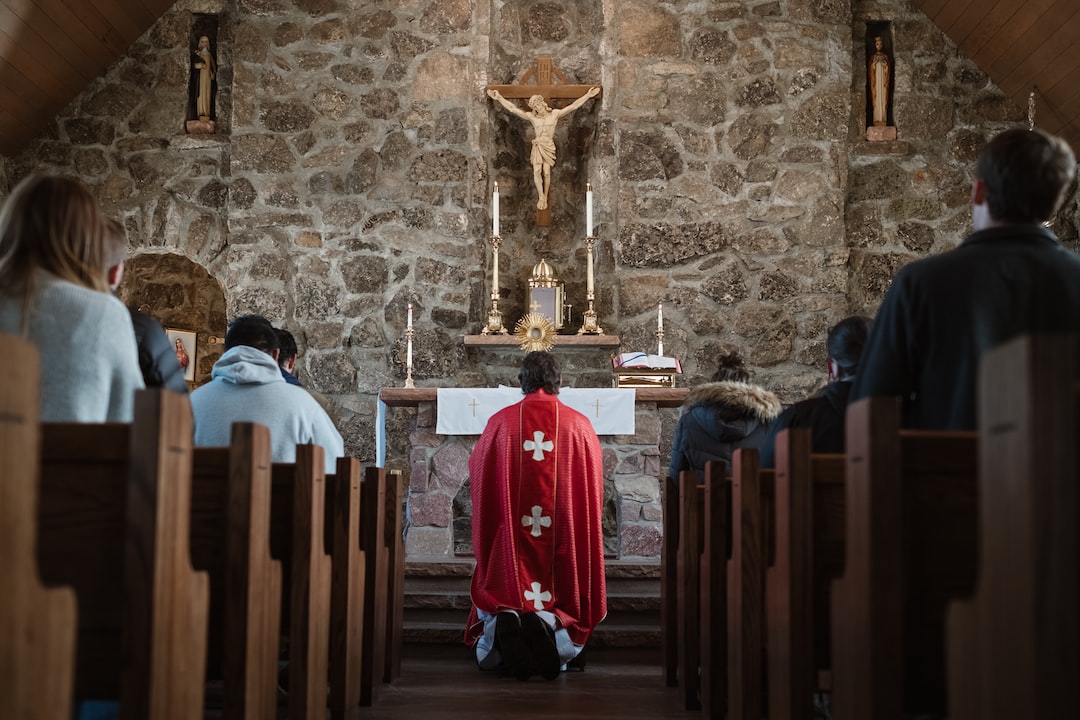Religious freedom and toleration have been a contentious issue throughout history and continue to be in modern societies. At the heart of the debate is the question of how much religious practices should be accommodated in society and when those practices should be limited for the greater good.
On the one hand, advocates of religious freedom argue that individuals have the right to worship and practice their religion as they see fit. This includes wearing religious clothing, participating in religious rituals, and expressing their beliefs in public and private settings.
Furthermore, they argue that religious freedom must not be restricted by government or society, as it is a fundamental human right. The First Amendment of the U.S. Constitution guarantees the freedom of religion and prohibits the government from establishing an official religion or interfering with individuals’ right to worship and express their beliefs.
However, opponents of religious freedom argue that there are limits to such practices. There are situations where religious practices may infringe on the rights of others or pose a threat to public safety. For example, the practice of female genital mutilation is a religious practice in some cultures but is considered a form of child abuse in most Western societies.
Moreover, religious practices can become a source of discrimination and exclusion. Some religious beliefs may have a negative impact on members of certain marginalized groups, such as LGBTQ+ individuals and women.
Therefore, some argue that there needs to be some limitations placed on religious practices to ensure that they do not impinge on the rights of others or pose a threat to public safety, health, or welfare.
The situation becomes even more complicated when religious beliefs conflict with secular laws or policies, such as those related to healthcare, education, and employment. Some religious groups, for instance, may have objections to vaccines or blood transfusions, but these practices are considered necessary for public health and safety.
Similarly, some religious parents may object to the content of public school curricula or refuse to send their children to mixed-gender schools, but this can conflict with the government’s obligation to provide equal access to education and gender equality.
In conclusion, the debate over religious freedom and toleration illustrates the complex balancing act between religious individuals’ rights and the greater good of society. While everyone has the right to practice their religion, this right should not infringe upon the rights of other individuals or put the public good at risk.
As society becomes more diverse, it is crucial to find ways to accommodate different religious beliefs and practices while ensuring that everyone’s rights are respected, and public safety and welfare are protected. This will require careful consideration of what limits are necessary and appropriate and how best to balance these limits with individual religious freedoms.

